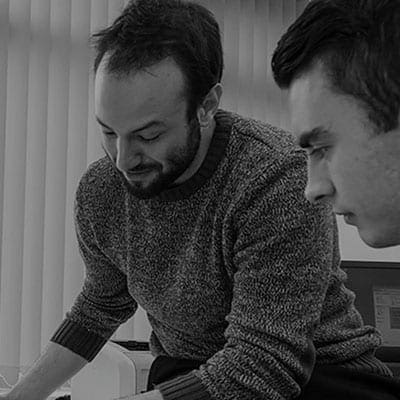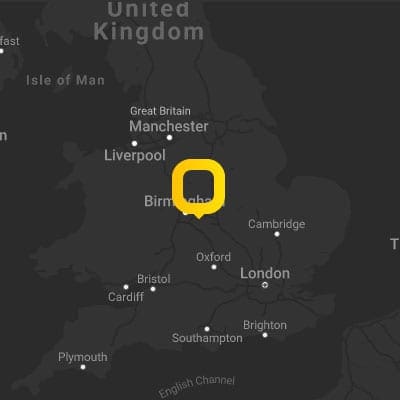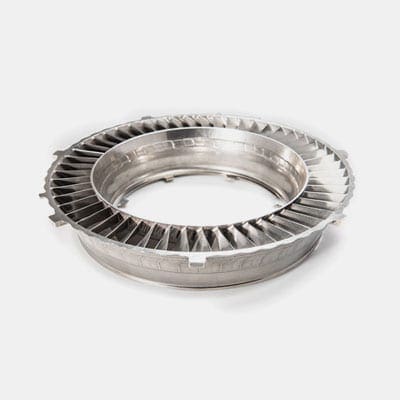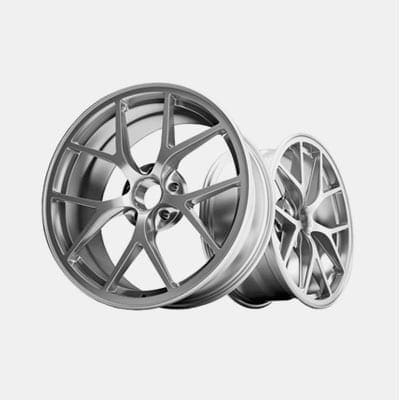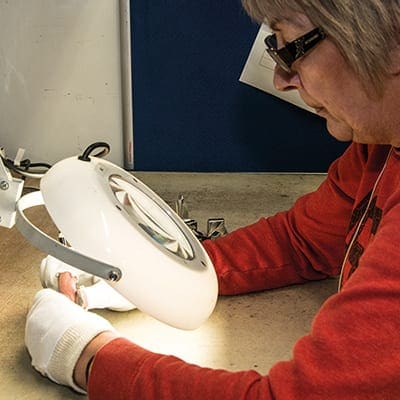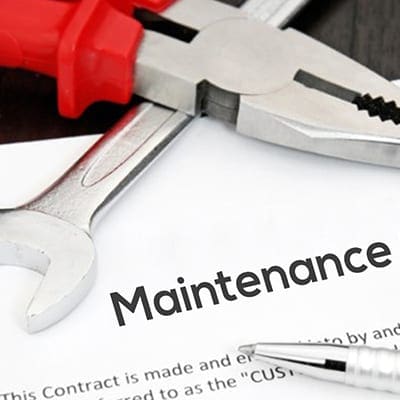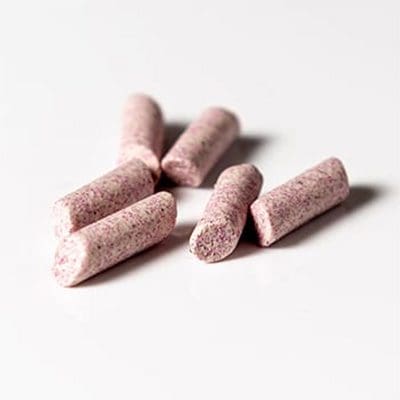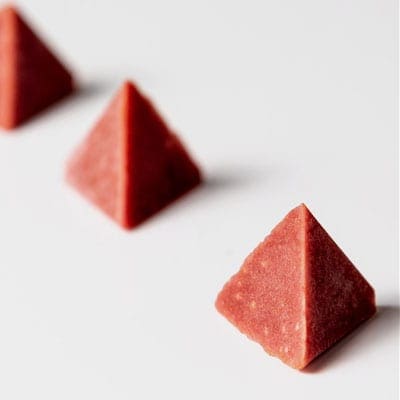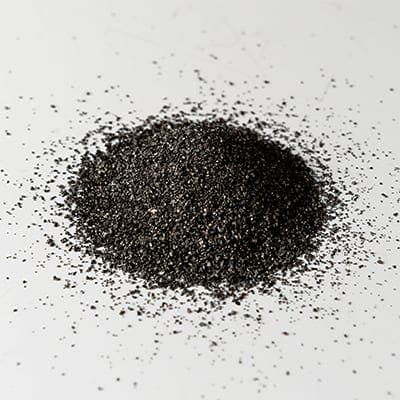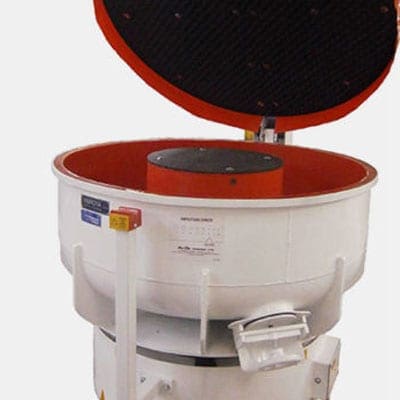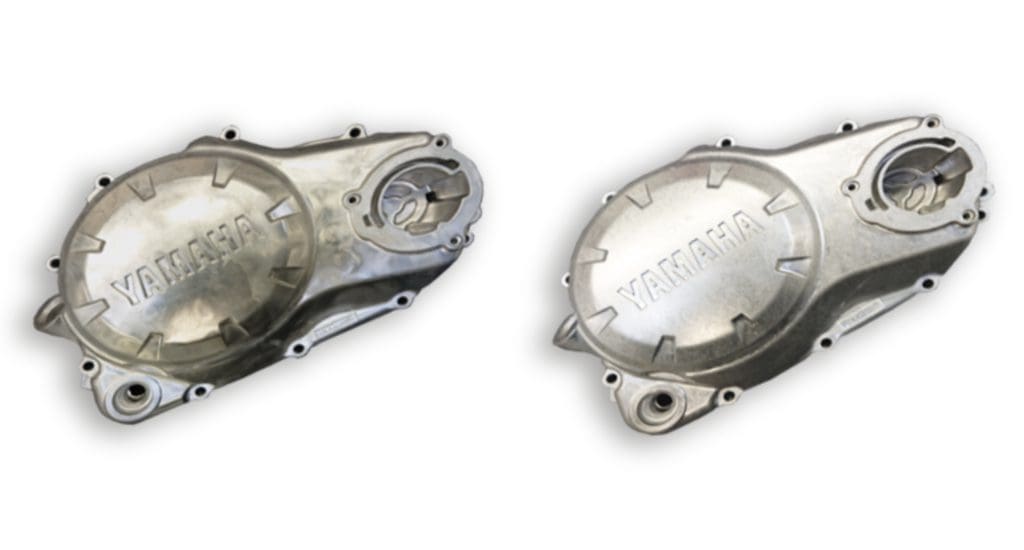-

-

-
- About
- Industries
-
Sub-Contracting
-
- Consumables
-
Cleaning
-
- All Ultrasonic Machines
- TT Standard Ultrasonic Series
- LT Pro Laboratory Ultrasonic Cleaning Machines
- MOT Automotive Ultrasonic Cleaning Machines
- One Tank Industrial Ultrasonic Cleaning Equipment
- Manual Multistage Ultrasonic Cleaning Equipment
- Multistage Automatic Ultrasonic Cleaning Machine
- Ultrasonic Generators
- Ultrasonic Cleaner Solution
-
-
Blasting & Peening
-
- All Shot Blasting Machines
- Powertrack Junior Portable Blast System
- Powertrack Portable Blast System
- ActOn Mobile Shot Blasting Room
- ECO Shot Blasting Machines
- Premium DI Suction Blasting Machines
- Premium DP Pressure Blasting Cabinets
- AWB Wet Blasting Cabinet
- Premium NP Wet Blasting Cabinets
- Automated Wet Blasting Machine
- NF Sandblasting Cabinets
- DLyte eBlast – Electro Shot Blaster
- AM Shot Peening and Blasting Series
- Automated Shot Blasting Equipment
- All Wheel Blasting Machines
- Spinner Hanger Blast Machine
- Tumble Rubber Belt Shot Blasting Machine
- Tumble Steel Belt Shot Blasting Machine
- Wire Mesh Belt Shot Blasting Machine
- Continuous Feed Overhead Rail Blasting Machine
- Roller Conveyor Blast Machine
- Continuous Feed Tube & Bar Blast Cleaning Machine
- Rotary Table Shot Blasting Machine
- Tunnel Concrete Shot Blast Machine
-
-
Surface Finishing
-
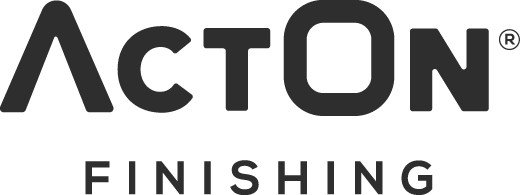


-
Surface Finishing
- All Mass Finishing Machines
- Vibratory Bowl Machines
- Vibratory Trough Machines
- Dual Finishing Machines
- Dryers
- Centrifugal High Energy Machines
- Disc Finishing Machines
- LE30 Rotary Barrel Machine
- Wheel Polishing Machine
- Automation for Mass Finishing
- Mass Finishing Accessories
- All Vibratory Machines
- Vibratory Dual Machines
- Vibratory Consumables
- Vibratory Bowl Machines
- Vibratory Trough Machines
- Dlyte Technology
- Waste Water Treatment
- REFURBISHED MACHINES
-
Blasting & Peening
- All Shot Blasting Machines
- Powertrack Junior Portable Blast System
- Powertrack Portable Blast System
- ActOn Mobile Shot Blasting Room
- ECO Shot Blasting Machines
- Premium DI Suction Blasting Machines
- Premium DP Pressure Blasting Cabinets
- AWB Wet Blasting Cabinet
- Premium NP Wet Blasting Cabinets
- Automated Wet Blasting Machine
- NF Sandblasting Cabinets
- DLyte eBlast – Electro Shot Blaster
- AM Shot Peening and Blasting Series
- Automated Shot Blasting Equipment
- All Wheel Blasting Machines
- Spinner Hanger Blast Machine
- Tumble Rubber Belt Shot Blasting Machine
- Tumble Steel Belt Shot Blasting Machine
- Wire Mesh Belt Shot Blasting Machine
- Continuous Feed Overhead Rail Blasting Machine
- Roller Conveyor Blast Machine
- Continuous Feed Tube & Bar Blast Cleaning Machine
- Rotary Table Shot Blasting Machine
- Tunnel Concrete Shot Blast Machine
- Refurbished Machines
-
Cleaning
- All Ultrasonic Machines
- TT Standard Ultrasonic Series
- LT Pro Laboratory Ultrasonic Cleaning Machines
- MOT Automotive Ultrasonic Cleaning Machines
- One Tank Industrial Ultrasonic Cleaning Equipment
- Manual Multistage Ultrasonic Cleaning Equipment
- Multistage Automatic Ultrasonic Cleaning Machine
- Ultrasonic Generators
- Ultrasonic Cleaner Solution
- Vibratory Finishing Machines
- Consumables
- Sub-Contracting
- Industries
- About
- Free Trial
- Contact us
ActOn Case Studies
How to Polish Knee Implants in 60 Minutes and at a Lower Cost?
Traditionally, finishing knee implants at large scale involves mechanical processes like robotised belt polishing or abrasive polishing. These methods work by generating friction to the piece and against a generic abrasive. Those processes, however, tend to present some issues as they can be time consuming and components might need rework or scrapping.
In this case study we discuss about a more cost-efficient solution which improves the surface finish of knee implants and makes them more functional, while increasing their lifespan.
Project Background
The client is a multinational medical company whose activity revolves around medical device development and manufacturing with strong presence in orthopedic implant manufacturing sector. As this organisation focuses on creating innovative solutions in orthopedics, they needed to:
- Improve the production efficiency and quality of casting cobalt-chrome (CoCr) femoral components, which represented 80% of the customer’s manufacturing.
- Polish knee implants that had been previously pre-processed by manual polishing with belts, ceramic, plastic and nutshell abrasive polishing and a final manual buffing.
- Achieve a mirror surface finishing; a significant roughness reduction; and a Ra goal of 0,05 micrometers.
Solution: Polishing Knee Implants in 60 Minutes
A batch of samples of cobalt-chrome femoral components were prepared for trials, in different sizes. The aim of the trial is to define the ideal process parameters & steps to reach the final finish, with less process time and lower costs.
The equipment recommended was a DLyte PRO500DLyte Technology, a compact machinery with high output, specially designed for mass production (it can treat up to 24 knee implants per cycle).
The processing time was 60 minutes with a capacity of 24 pieces per batch. The starting average roughness was 0.2 microns. After two steps of abrasive finishing with ceramic and plastic media the final roughness was below 0.05 microns.
The DLyte Process Benefits
- Offers finishing solution for a wide range of materials
- Component’s geometry and tolerance is preserved
- Homogeneous results every time
- Can reduce the roughness over 80% without side effects
- Longer lifespan for components
- Biocompatibility and non-cytotoxicity proved
- This finishing process implies a production cost reduction of over 60%.
Results
- The knee implants were mirror surface finished; and the roughness was reduced under 0,05 micrometers.
- Finishing cost per piece was reduced to €2 for 5 years with 40,000 pieces/year (this includes equipment and customised holder investment)
- The processing time was improved; to 60 minutes with a capacity of 24 pieces per batch.
- Parts were finished to client’s specifications, without altering the geometry.
- DLyte PRO500 offered a high-quality repeatable process.
Before / After




Interested in Finding out More?
If you would like to learn more about the process steps and technology used, you can request the Knee Implants Case Study. You can also email our technical team for technical support with your medical and healthcare components.


